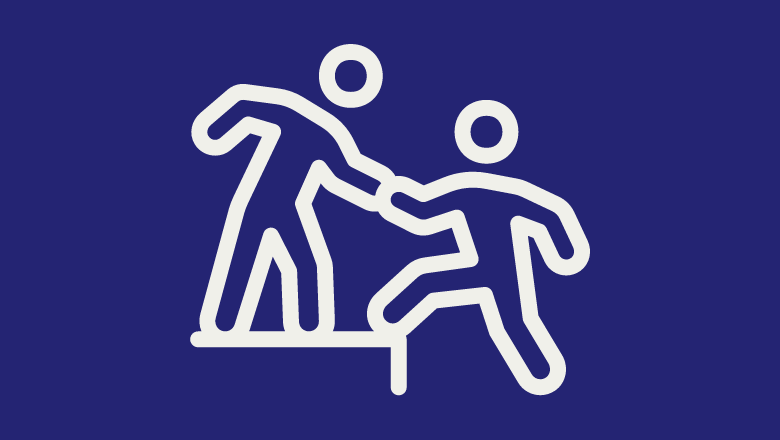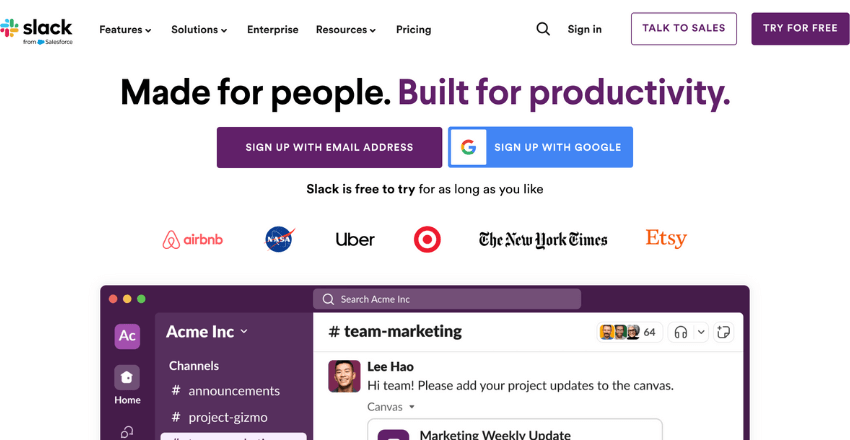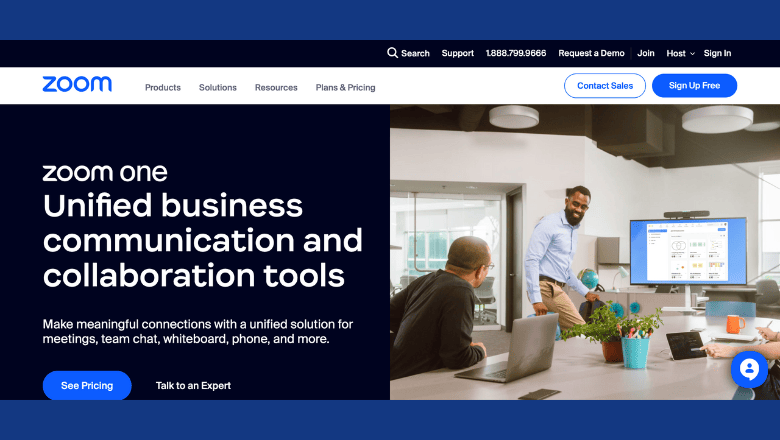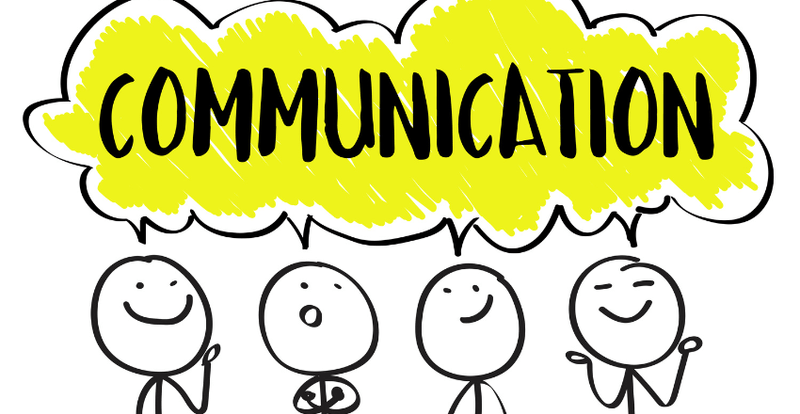Menu
Managing a remote team of developers requires effective tactics to ensure productivity and engagement. In a virtual setting, collaboration and coordination are essential for the success of the team. From hiring trustworthy and skilled remote developers to building a strong company culture, there are several factors to consider when managing a remote team.
Table of Contents
ToggleHiring trustworthy candidates with the right skills and abilities is crucial for success in managing a remote team of developers. In a remote work setting, where face-to-face interactions are limited, it becomes even more important to carefully evaluate potential candidates and ensure they possess the necessary qualities to thrive in a virtual environment.
When hiring remote developers, it is essential to assess their technical expertise and coding skills to ensure they can contribute effectively to the team. Conducting thorough interviews and technical assessments can help evaluate their proficiency in relevant programming languages, frameworks, and tools. Additionally, checking their previous work experience and seeking references can provide valuable insights into their ability to work remotely and deliver quality results.
However, beyond technical skills, it is equally important to evaluate candidates’ trustworthiness and reliability. Remote work demands a high level of trust between team members, as there is less direct supervision. Assessing their communication skills, ability to meet deadlines, and capacity to work independently can help determine their suitability for remote work.

Onboarding new remote developers should include clear expectations, guidance on the company’s vision and mission, and opportunities for socializing. When bringing in new team members, it is essential to provide them with a comprehensive understanding of what is expected of them and what they can expect from the company.
One effective way to set clear expectations is by creating a detailed onboarding plan that outlines the company’s goals, values, and specific job responsibilities. This plan can include a welcome message from the company’s leadership, an introduction to the development team, and a breakdown of the projects and tasks the new developer will be involved in.
Socialization is also an important aspect of onboarding remote developers. Building relationships and fostering a sense of camaraderie within the team can greatly impact productivity and collaboration. Virtual team-building activities, such as icebreaker games and virtual happy hours, can help remote developers connect with their colleagues despite the physical distance.
During the onboarding process, it is crucial to clearly communicate the expectations and responsibilities of the remote developer’s role. This can be achieved through comprehensive job descriptions, project briefs, and clear communication channels. By doing so, remote developers will have a clear understanding of what is expected of them and can align their efforts accordingly.
Guidance on the Company’s Vision and Mission
Remote developers should be provided with guidance on the company’s overall vision and mission. This can be done through video introductions from company leadership, presentations on the company’s goals, and regular communication about the company’s progress. When remote developers understand the bigger picture, they can contribute more effectively to the team’s objectives.
Opportunities for Socializing and Team-Building
Remote developers should have opportunities to socialize and build relationships with their colleagues. Virtual team-building activities, such as online games or virtual coffee breaks, can foster a sense of community and collaboration. Additionally, creating dedicated channels for informal communication and sharing personal interests within the team can help remote developers feel connected and engaged.
Implementing an efficient workflow is crucial when managing a remote team of developers. By breaking down tasks and setting achievable milestones, team members can work collaboratively towards a shared goal. Assigning tasks based on expertise ensures that each member contributes their unique skills, maximizing productivity and efficiency.
Regular check-ins and stand-up meetings are essential for tracking progress and fostering teamwork. These meetings provide an opportunity for team members to share updates, discuss challenges, and seek assistance, promoting open communication and collaboration.
Maximizing team connectivity is crucial for remote teams to work effectively. Utilizing collaboration tools, such as project management software and communication platforms, improves real-time interaction and information sharing among team members.
Slack: A popular messaging platform that allows teams to communicate, share files, and organize discussions in dedicated channels.

Trello: A project management tool that provides a visual overview of tasks, deadlines, and progress, enabling effective workflow management.

Zoom: A video conferencing platform that facilitates face-to-face interactions, virtual meetings, and screen sharing for seamless collaboration.

Encouraging team members to engage in regular video calls and virtual water cooler events helps foster a sense of camaraderie and connection. These informal interactions boost morale and promote collaboration, overcoming the challenges of physical distance.
Implementing an efficient workflow and maximizing team connectivity are essential for managing remote teams of developers. By breaking down tasks, setting milestones, and assigning tasks based on expertise, team members can work together towards project success. Utilizing collaboration tools and promoting regular communication through video calls and virtual events fosters a sense of connection and enhances teamwork. With these strategies in place, remote teams can overcome geographical barriers and achieve exceptional results.

Agile methodology, with its focus on communication, teamwork, and feedback, can improve productivity in managing a remote team of developers. By implementing Agile principles, coding teams can adapt to the dynamic nature of remote work, enabling them to work efficiently and collaboratively towards their goals.
One of the core tenets of Agile is regular communication. By conducting daily stand-up meetings, team members can provide updates on their progress, discuss any challenges they face, and align their efforts towards common objectives. This promotes transparency and accountability, ensuring that everyone is on the same page and working towards the same goals.
Furthermore, Agile methodology emphasizes teamwork and collaboration. Breaking down tasks into smaller, manageable chunks and assigning them based on expertise allows team members to work together more effectively. Collaborative tools such as project management boards and chat platforms facilitate real-time collaboration, enabling developers to share knowledge, ask questions, and provide feedback to one another.

Establishing clear communication norms, utilizing collaboration tools, and promoting face-to-face interactions can foster effective communication within a remote team of developers. In a virtual setting, effective communication is essential for ensuring that everyone is on the same page and working towards common goals. By setting clear guidelines and expectations regarding communication channels, response times, and availability, teams can minimize confusion and improve overall productivity.
One effective way to facilitate communication is by utilizing collaboration tools. These tools can range from project management platforms to instant messaging applications, providing a centralized space for team members to share information, ask questions, and provide updates. By leveraging technology, remote teams can easily collaborate, track progress, and resolve any issues that may arise. It is important to ensure that all team members are familiar with and comfortable using these tools to maximize their impact.
While digital communication is crucial, promoting face-to-face interactions can further enhance team dynamics and build stronger relationships. Regular video meetings or virtual stand-ups can create a sense of camaraderie and help team members feel connected, even if they are physically apart. It allows for verbal and non-verbal communication, fostering a more personal and engaging environment. Additionally, incorporating visual aids, such as screen sharing during meetings, can facilitate clearer understanding and collaboration.
Managing a remote team of developers comes with unique challenges, including ensuring the mental well-being of your team members. Setting boundaries, implementing fixed work schedules, and conducting performance reviews can support remote developers’ mental health and prevent burnout.
When working remotely, it’s easy for work and personal life to blur together. By setting clear boundaries, such as establishing dedicated workspaces and defining working hours, you can help remote developers maintain a healthy work-life balance. Encouraging them to take breaks and step away from their screens can also contribute to their overall well-being.
In addition, implementing fixed work schedules can provide structure and stability for remote developers. Knowing when they are expected to be available and when they can disconnect allows for better time management and reduces the risk of burnout. Regularly reviewing and adjusting these schedules as needed can help ensure that workloads remain manageable.
Conducting regular performance reviews is another important aspect of supporting remote developers’ mental health. Providing constructive feedback, recognizing their achievements, and discussing their professional growth can boost morale and motivation. Performance reviews also serve as an opportunity to address any challenges or concerns they may be facing and offer support or resources where needed.
By prioritizing the mental health of your remote developers, you create a supportive and sustainable work environment. In turn, this fosters a positive team culture and enhances overall productivity and engagement.
Building a strong company culture remotely requires promoting connection, organizing virtual water cooler events, and showing appreciation for developers’ work. Remote work can sometimes lead to feelings of isolation, making it crucial to find ways to foster a sense of belonging and camaraderie within the team.
One effective strategy is to promote connection through regular virtual meetings and social events. This can include virtual coffee breaks or happy hours where team members can relax and engage in casual conversations. These events provide opportunities for team members to get to know each other on a personal level, building trust and strengthening relationships. Additionally, organizing team-building activities such as online games or virtual challenges can help foster collaboration and create a sense of unity.
In order to create a virtual water cooler environment, it is important to create spaces where team members can freely communicate and share ideas. This can be done through the use of collaboration tools such as Slack or Microsoft Teams, which provide channels for open discussions and information sharing. Encouraging participation in these channels and recognizing valuable contributions can help create a supportive and inclusive culture.
Showcasing appreciation for developers’ work is another crucial aspect of building a strong company culture remotely. Recognizing achievements and publicly acknowledging the efforts of team members can boost morale and motivation. This can be done through regular shout-outs or by implementing a rewards system that recognizes outstanding contributions. Celebrating milestones and successes as a team also fosters a sense of accomplishment and unity.
Building a strong company culture remotely is an ongoing process that requires consistent effort and adaptability. By promoting connection, organizing virtual water cooler events, and showing appreciation for developers’ work, teams can maintain a sense of community and collaboration even when physically apart.

Promoting collaboration, providing professional growth opportunities, recognizing achievements, and organizing virtual team-building activities can enhance team engagement and motivation. These strategies are essential for managing a remote team of developers effectively and ensuring their productivity and satisfaction.
To foster collaboration, establish regular communication channels and encourage team members to share ideas and expertise. Utilize collaboration tools that promote real-time interaction and facilitate seamless collaboration on coding projects. By creating a virtual environment that encourages teamwork, remote developers can actively engage with each other and build stronger relationships, despite the physical distance.
Professional growth opportunities are crucial for remote developers to stay motivated and invest in their careers. Offer training programs, webinars, and online courses that align with their professional needs and aspirations. Encourage them to expand their skills and knowledge, giving them the confidence to take on challenging projects and contribute meaningfully to the team’s success.
Organizing virtual team-building activities can also contribute to enhancing engagement and motivation. Plan activities that bring remote team members together, such as virtual coffee breaks, online gaming sessions, or virtual happy hours. These activities provide opportunities for socializing, strengthening connections, and fostering camaraderie. Such interactions increase team cohesion and engagement, leading to a more motivated and productive remote team.
Building a cohesive remote team involves hiring candidates with remote work capabilities, promoting collaboration, fostering trust, and emphasizing individual and team growth. Remote work requires individuals who are self-motivated, disciplined, and adept at managing their time effectively. By hiring candidates with remote work experience, you can ensure that they are already familiar with the challenges and demands of working in a distributed environment.
Collaboration is essential for remote teams to thrive. Encouraging open communication, utilizing collaboration tools, and organizing regular virtual meetings can foster a sense of teamwork and connectedness. Remote team members need to feel engaged and part of a larger community despite physical distance, and active collaboration can help achieve this.
Trust is the foundation of any successful remote team. By fostering trust among team members, you create an environment where individuals feel comfortable sharing ideas, seeking feedback, and taking ownership of their work. This can be done by setting clear expectations, giving team members autonomy, and providing opportunities for professional and personal growth.
Emphasizing both individual and team growth is crucial in remote team management. Encourage team members to develop new skills, engage in continuous learning, and support their professional goals. By investing in the growth and development of your remote team, you not only improve individual performance but also promote a sense of collective success and collaboration.
How do you successfully manage a remote team? What tools, strategies, advice do you recommend for successful remote teams? Is there anything you should watch out for or avoid?
byu/Matsuev indigitalnomad
Input your search keywords and press Enter.